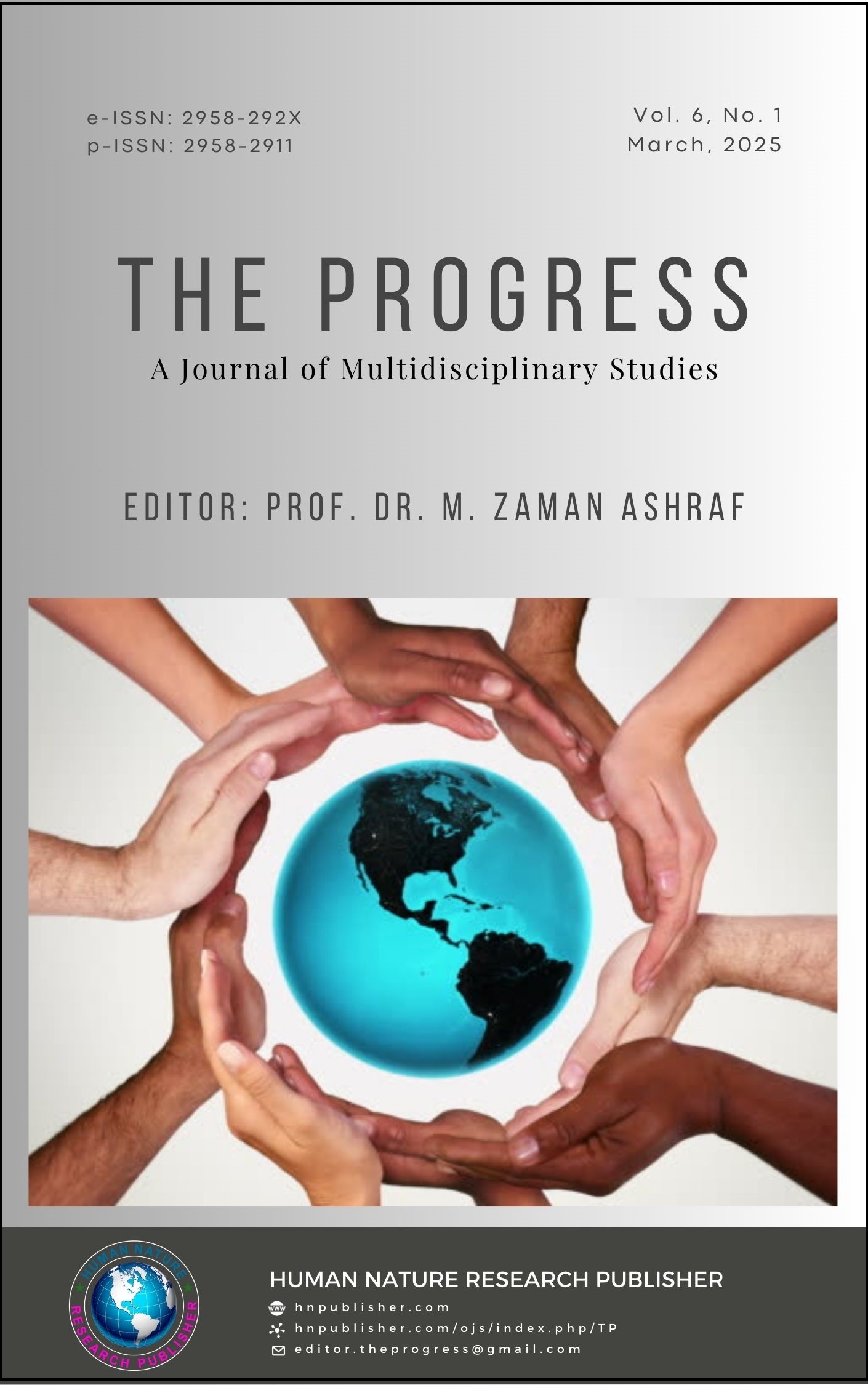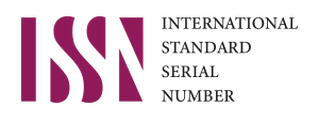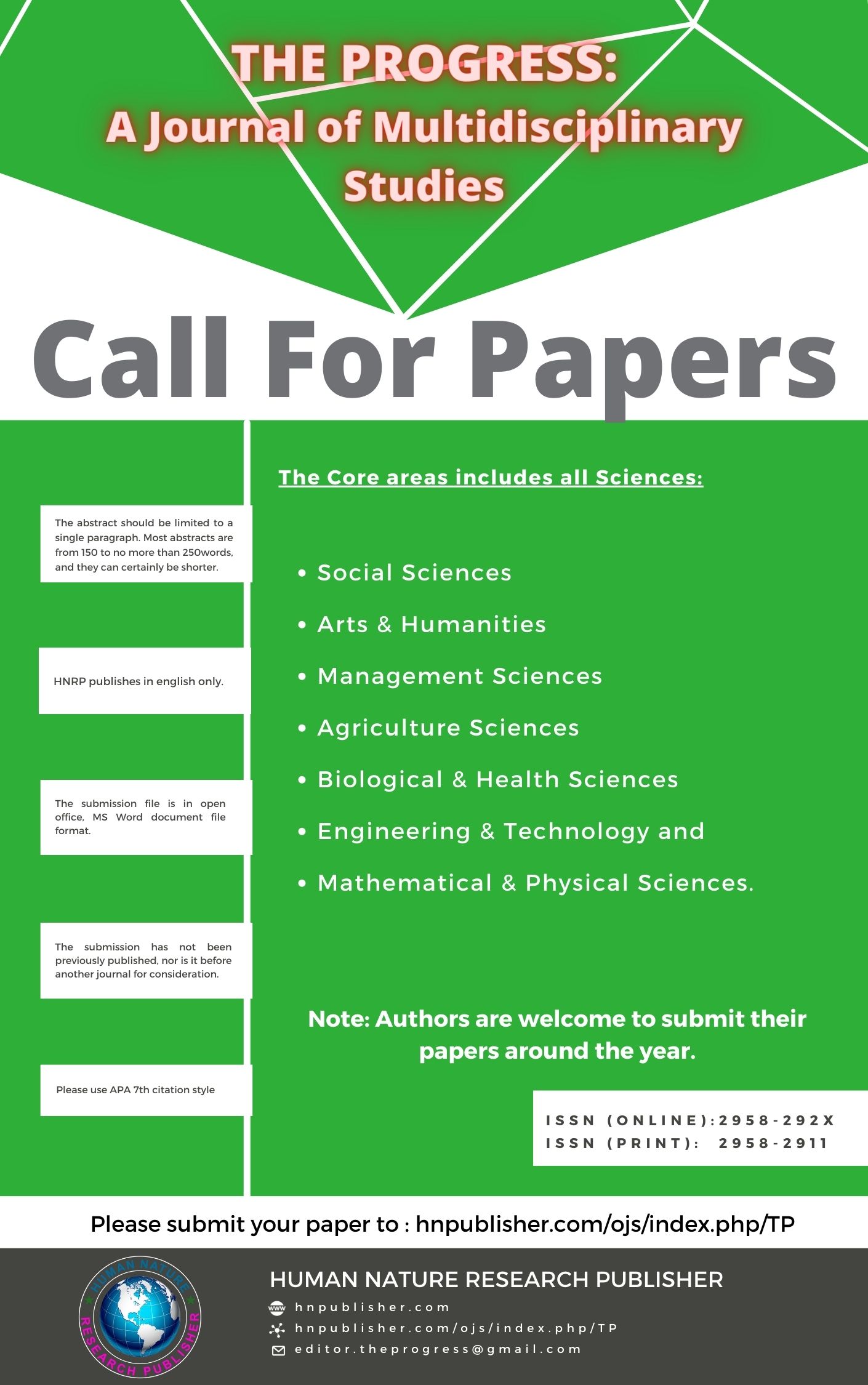Rethinking Polymathy Beyond the Renaissance: Fostering Intersectional, Decolonial and Transdisciplinary Perspectives
DOI:
https://doi.org/10.71016/tp/24wh7g16Keywords:
Polymathy, Intersectional, Decolonial, RenaissanceAbstract
Aim of the Study: Polymathy, or the ability to acquire knowledge of multiple disciplines, has long been allied with prodigious masters whose expertise spans various fields and subjects. This article argues traditional conceptions of expertise by exploring how polymathy exhibits intersectional, de-colonial, and transdisciplinary perspectives.
Methodology: This is a qualitative study. A descriptive analysis of few selected case studies is represented. The selected study participants are all known names from the arena of Art, Design and Architecture.
Finding: This article reveals how polymathy can be a tool for inclusivity and transformation, amplifying voices and knowledge systems historically silenced. By prioritizing the perspectives and experiences of marginalized communities, the expanded definition of polymathy to be more inclusive, equitable, and sensitive to global concerns by elevating the voices and experiences of underrepresented communities. The polymath approach is being adopted by today's artisans, who blend science, technology, design, and art to create ground-breaking and inventive work. Nowhere is this more evident than in the realms of art and design. This article explores the concept of polymathy, examining the benefits and challenges of interdisciplinary collaboration and knowledge sharing. In an era of increasing specialization, polymathy offers a unique approach to creativity, innovation, and problem-solving.
Conclusion: Finally, this article argues that polymathy is not solely the domain of exceptional individuals, but rather a mindset and approach that can be cultivated by anyone. The concept of polymathy, that was once synonymous with singular genius, demands reevaluation in today's modern world. By embracing polymathy as a value-based practice and rethinking conventional notions of expertise, we can encourage a more panoramic, collaborative and innovative world.
Downloads
Published
Issue
Section
License
Copyright (c) 2025 Fizza Asif, Dr. Asna Mubashra (Author)

This work is licensed under a Creative Commons Attribution-NonCommercial 4.0 International License.








